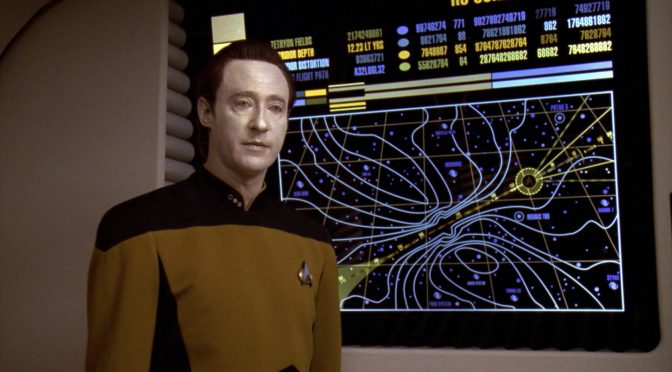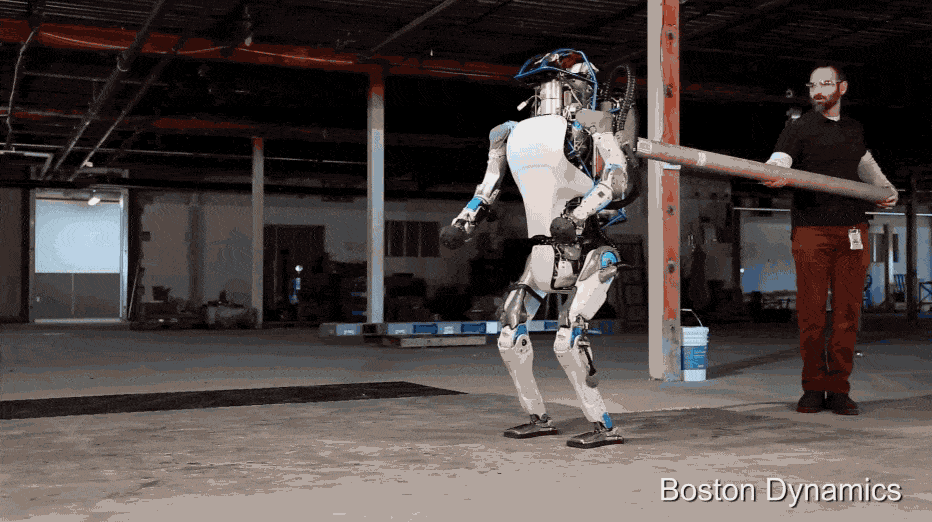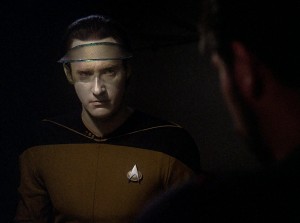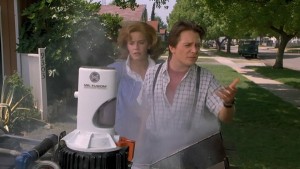One of the big debates I have with myself every day is just where do I draw the line between science and magic in my work. As anyone following this blog or my twitter would know, I like to world build. But every detail I add to that world (which I’ve long ago declared was Sci-Fantasy) has that question of which direction I should go. I’m a firm believer in Clarke’s Laws so I could go either direction depending on what I feel works best. It’s not really an inconvenience, I like to contemplate it, but it does mean I think about it a lot and about why my world is shaping the way it does.
In all honesty, despite how much I like fantasy worlds and love to delve into the mythologies of our own world, I’m a huge sci-fi nerd at heart. I love me some technobabble and I’ve spent way too long on some wikis about sci-fi worlds. I know, deep down, that I shouldn’t know the fundamental differences between the real world theory of the Alcubierre Drive and Star Trek’s Warp Drive. But I do, and that’s my embarrassing cross to bear.

I like when things have explanations, even if they’re bullshit. I like to see the world as a tangible thing, and I really love to have that feeling that something is possible, even if it’s not quite here yet. I know I’ll never see a real dragon on Earth or ride a unicorn. And, while I’ll never go into space either, I know someone can. Sci-fi and Sci-Fantasy by extension give me a new twist, however, because there’s totally a chance Unicorns live on another planet. So I like to put sci-fi in my fantasy as a little chocolate for my peanut butter.
But despite my love of the sci-fi, I know the fantasy is a hell of a lot more accessible for mainstream audiences. People debate why all the time, from arguing that sci-fi strips the magic out of the world, to the idea that there’s an anti-science slant in our culture. But truthfully, it’s the technobabble. It’s not that people dislike the science or explanations either, because a lot of complex ideas have been loved by people and we do have whole communities devoted to “fucking loving science”. Rather, the issue is the delivery.
See, we make people feel stupid…


















